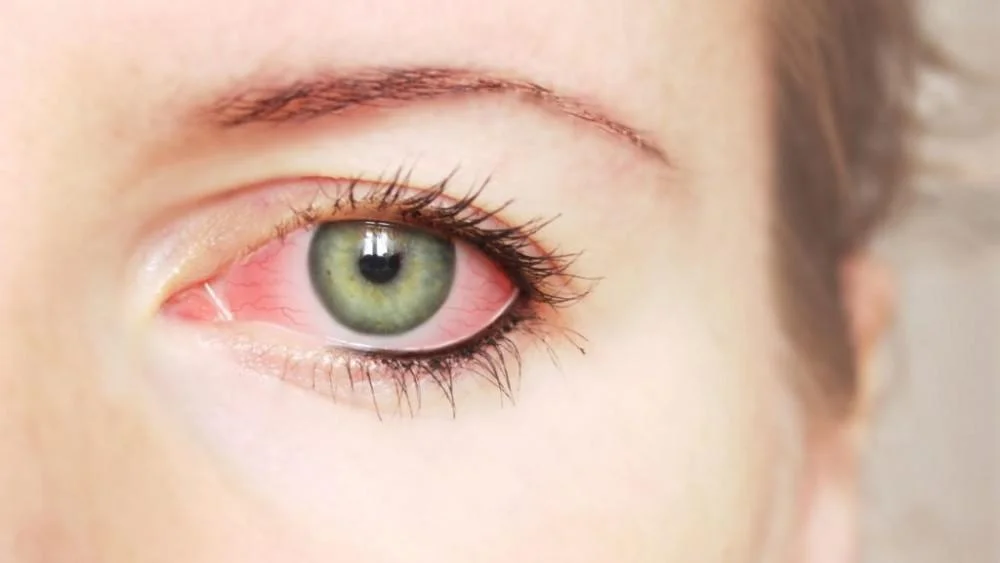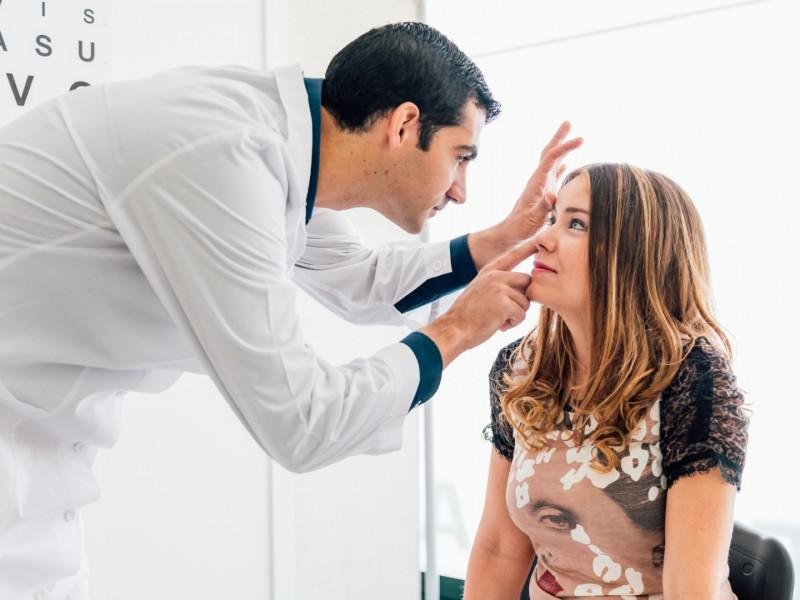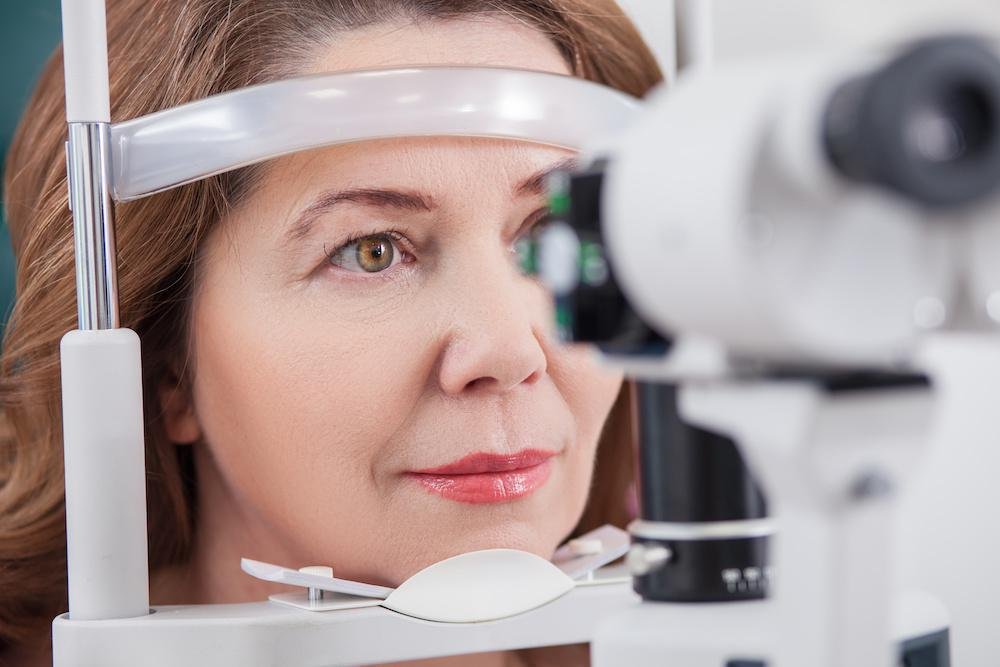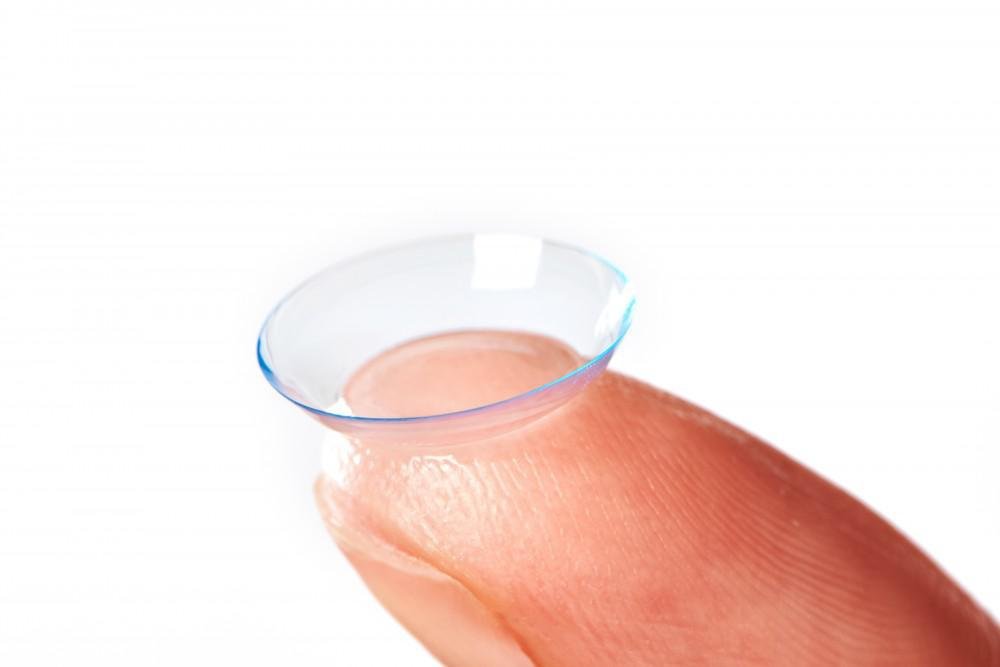An injury to your eye, whether large or small, can make even the simplest task simply impossible. Others that are more common and more serious may require immediate treatment such as surgery to prevent your suffering permanent eye damage and loss of vision. The more minor issues, such as surface scratches, may only need some monitoring following a visit to your eye doctor, just to make sure no complications come about after the fact.Today we are going to talk about eye injuries and the steps you will need to take if you are affected by such an injury.
We want to mention prevention first, of course, and encourage everyone to use protective eyewear, such as sunglasses, safety goggles, or glasses as a best practice to keeping your eyes safe from injury, both short- and long-term, as well as scheduling regular eye exams to monitor your overall eye health.
Scratched Eye
- An eye doctor will call this a Corneal Abrasion, and these types of lacerations will usually require emergency care, so obvious first step for you to take here is to call your eye doctor and make an appointment as soon as possible.
- Some causes of this issue can be foreign bodies in the eye, such as dust or sand, or being poked in the eye. It is a very uncomfortable condition, and the sufferer will experience a lot of eye pain.
- Such scratches can cause your eye to become susceptible to infection from bacteria or fungi, and harm can be done in as little as 24 hours. Blindness can even be a result.
- Never rub your scratched eye, and don’t patch it – bacteria love a warm, dark place to grow, and a patch creates the ideal environment. Keep your eye closed or tape an eye shield loosely over it, and get to the eye doctor.
Foreign or Penetrating Object
- Never try to remove any object that has penetrated your eye; more damage can be caused by doing so. Rubbing your eye can also create issues for you. Cover the eye loosely with an eye shield, and see an eye doctor right away.
Caustic Foreign Substance
- This is also known as a Chemical Burn. If you are splashed or sprayed unexpectedly by any substance than plain water, it can be unnerving – some of these substances will burn or sting you. Many of them are pretty harmless, but others can cause serious damage or injury.
- Acid. Acids will cause redness and burning, but washing it off is usually effective.
- Alkali. Chemicals that are alkali are much more serious, even though they don’t cause as much immediate eye pain. Bathroom cleansers and chalk dust are two common culprits to be wary of.
- Chemical exposures and burns can be caused by a splash of liquid or perhaps by being sprayed accidentally. Put your head under a steady stream of room temperature tap water for approximately 15 minutes, letting it run into your eye and out. Call your eye doctor or emergency facility to get care recommendations, and be sure to let the care team know what chemical you have been affected by. If your vision is blurry or your eye is extremely red, get to a doctor immediately.
Eye Bleeding
- This involves leakage of blood from a break in the blood vessel; it looks worse than it actually is. This issue is actually very common, and painless. No treatment is required, and you can expect the blood to clear and the eye to get back to normal over time.
Your eyesight is precious. You should treat these and all other eye injuries as potential emergencies, and never hesitate to call your eye doctor. Here at Classic Vision Care, we are committed to the health and safety of your eyes, and we are always ready to help. If you would like to set up your next eye appointment, you can reach us at (770) 499-2020.
You Might Also Enjoy…
Are Glasses Better than Contacts?
Trying to decide between wearing eyeglasses or contact lenses? Consider all the factors, including comfort, ease, and appearance. We’ve compiled a list of pros and cons to help you see your way through this significant decision.
Why Sunglasses are Important All Year Long
No doubt you always have your favorite shades close by all summer. But sunglasses protect your eyes all year long, even during darker winter months. Learn how they shield your eyes from harmful ultraviolet (UV) rays any time of year.
How Astigmatism Affects Your Vision
Astigmatism causes a variety of symptoms ranging from blurred vision to eye discomfort and pressure. Understand how a comprehensive eye exam can pinpoint the cause of your symptoms and get your sight back on track.
Who Is at Risk for Glaucoma?
Could you be at risk for glaucoma? The short answer is that everyone, especially seniors, is at risk for glaucoma. Learn how to lessen your odds of losing your sight through early detection and treatment.
5 Steps to Prevent Diabetic Eye Disease
People with diabetes are more vulnerable to certain eye diseases, such as glaucoma, cataracts, and diabetic retinopathy. Learn what steps you can take to slow their progression and potentially avoid them in the first place.
Am I a Candidate for Contact Lenses?
If you need vision correction, contact lenses are a popular option. If you’re simply tired of your glasses or just looking to see the world more clearly, discover whether contact lenses may be the perfect fit for you.







